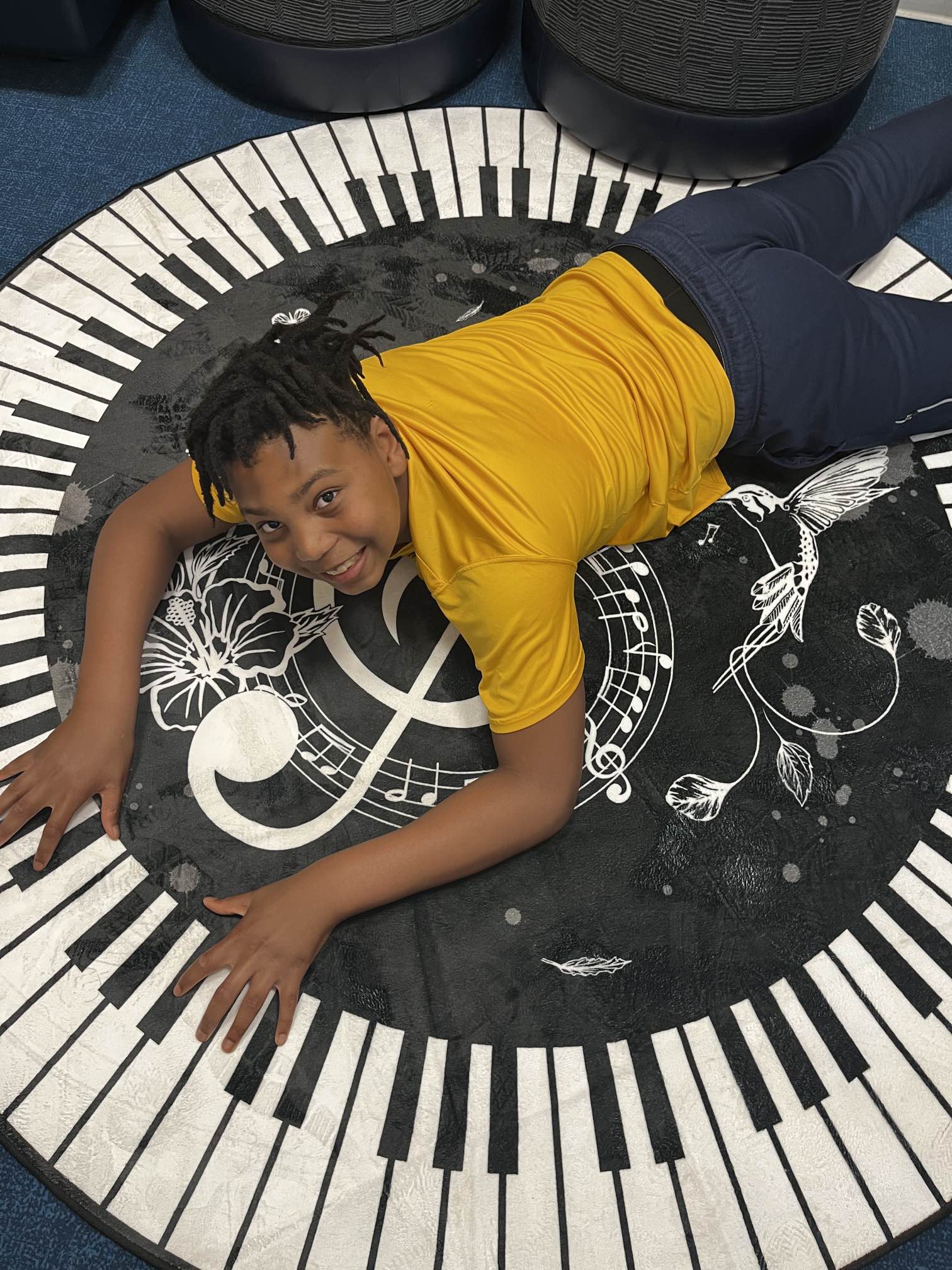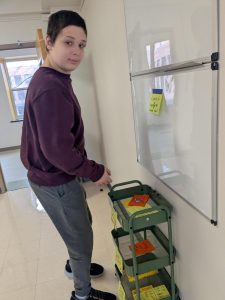Play is a vital aspect of development and enjoyment for autistic individuals, regardless of age. Toys offer a unique avenue for sensory engagement, social interaction, cognitive development, and emotional well-being. Understanding the multifaceted benefits of play can help caregivers, educators, and therapists harness its full potential in supporting the growth and happiness of autistic individuals.
Sensory engagement is a primary reason why playing with toys is essential for autistic individuals. Many autistic people have sensory processing differences, meaning they may experience heightened or diminished sensitivity to sensory inputs. Toys designed with various textures, colors, sounds, and movements can provide valuable sensory stimulation. For example, toys with different textures can help desensitize hypersensitive tactile responses, while visually stimulating toys can aid those who seek visual input. Sensory toys like fidget spinners, stress balls, and textured puzzles can be particularly beneficial, offering a controlled way to manage sensory needs and reduce anxiety.
Social interaction is another significant benefit of play. Autistic individuals often face challenges in social communication and interaction. Activities that encourage cooperative play, turn-taking, and role-playing can help develop these crucial skills. Board games, building sets, and interactive dolls can facilitate social engagement, teaching valuable lessons in sharing, negotiating, and empathizing with others. Furthermore, playing with peers or family members can strengthen relationships and build a sense of belonging.
Cognitive development is also significantly impacted by play. Toys that involve problem-solving, pattern recognition, and strategic thinking can enhance cognitive skills. Puzzles, construction toys like LEGO, and strategy games provide opportunities to develop critical thinking, spatial awareness, and fine motor skills. These activities stimulate the brain, promoting neuroplasticity and cognitive growth. For autistic individuals, who may excel in specific areas such as logical reasoning or visual-spatial tasks, these toys can help leverage their strengths and build confidence.
Play also provides a relaxed environment for emotional development. Toys can serve as a medium for expression and coping. Autistic individuals may struggle to express their emotions verbally, and toys can offer an alternative form of communication. Through imaginative play, they can explore different scenarios, express their feelings, and work through anxieties. Comfort toys, such as stuffed animals, can provide a sense of security and stability, helping to soothe and calm during stressful times. Engaging in play can also elevate mood and provide a joyful and relaxing experience, contributing to overall mental health.
At Shrub Oak International School, we prioritize playtime throughout the day, recognizing its profound impact on our autistic students’ growth and happiness. We love watching our students engage with a variety of toys and activities as they form meaningful friendships and bonds with their peers and caregivers through playtime. Through structured and spontaneous play, our students learn valuable social skills, enhance their cognitive abilities, and find joy in shared experiences.
Playtime is profoundly important for autistic individuals of all ages. The sensory engagement offered by various toys can help manage sensory processing differences, while social interaction toys facilitate the development of social skills. Cognitive development is enhanced through toys that challenge the brain, and emotional well-being is supported by toys that provide comfort and a means of expression. By understanding and leveraging these benefits, caregivers, educators, and therapists can create enriching and supportive environments that promote the holistic development of autistic individuals. Toys are not merely tools for entertainment but are integral to fostering growth, learning, and happiness in the lives of autistic people.





